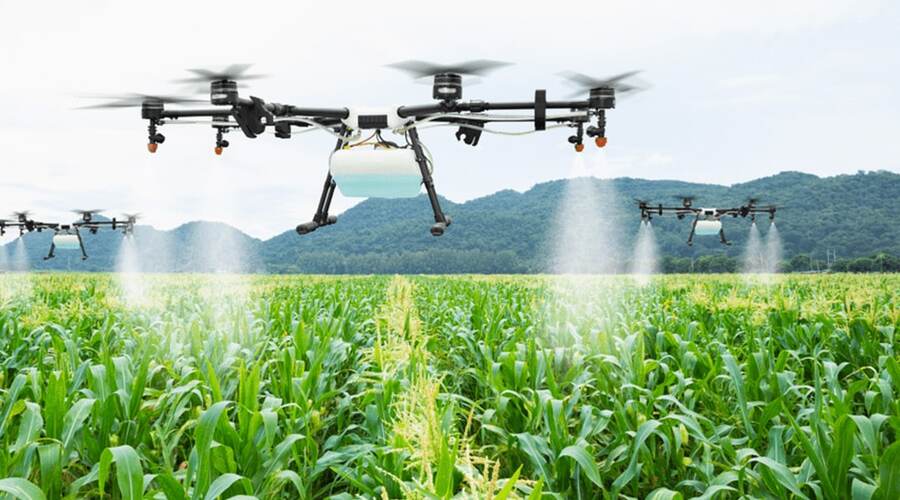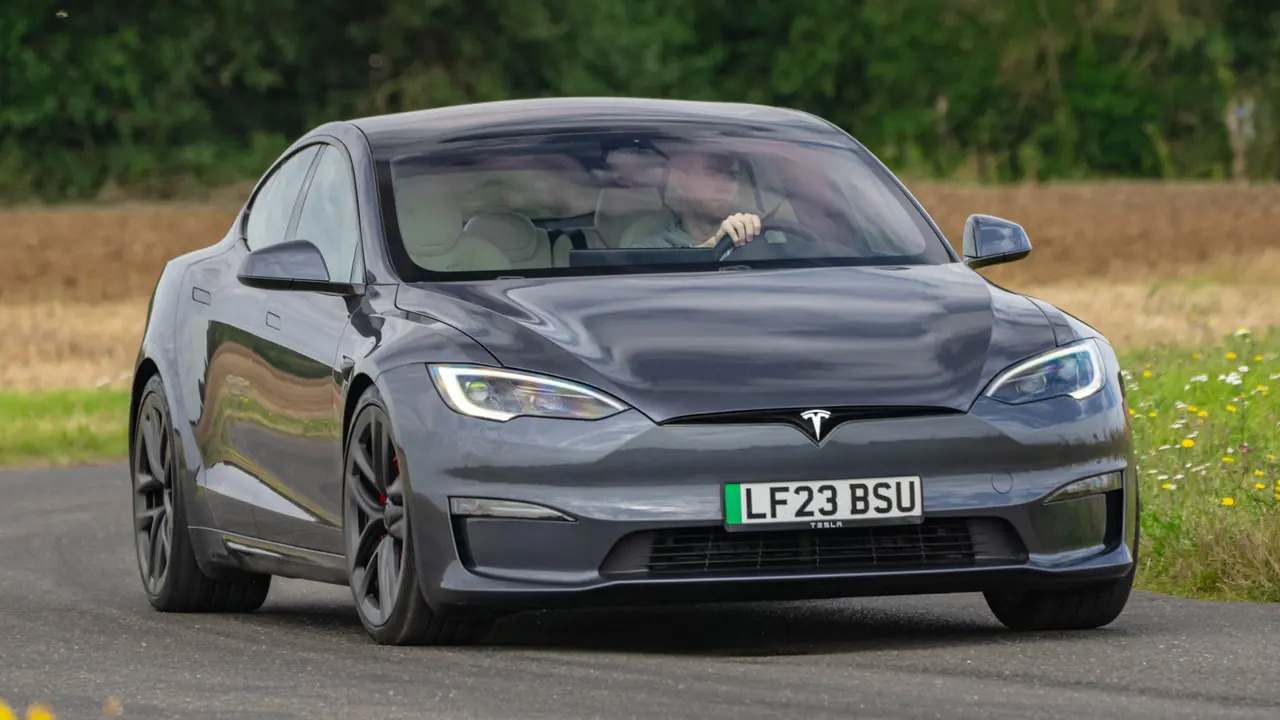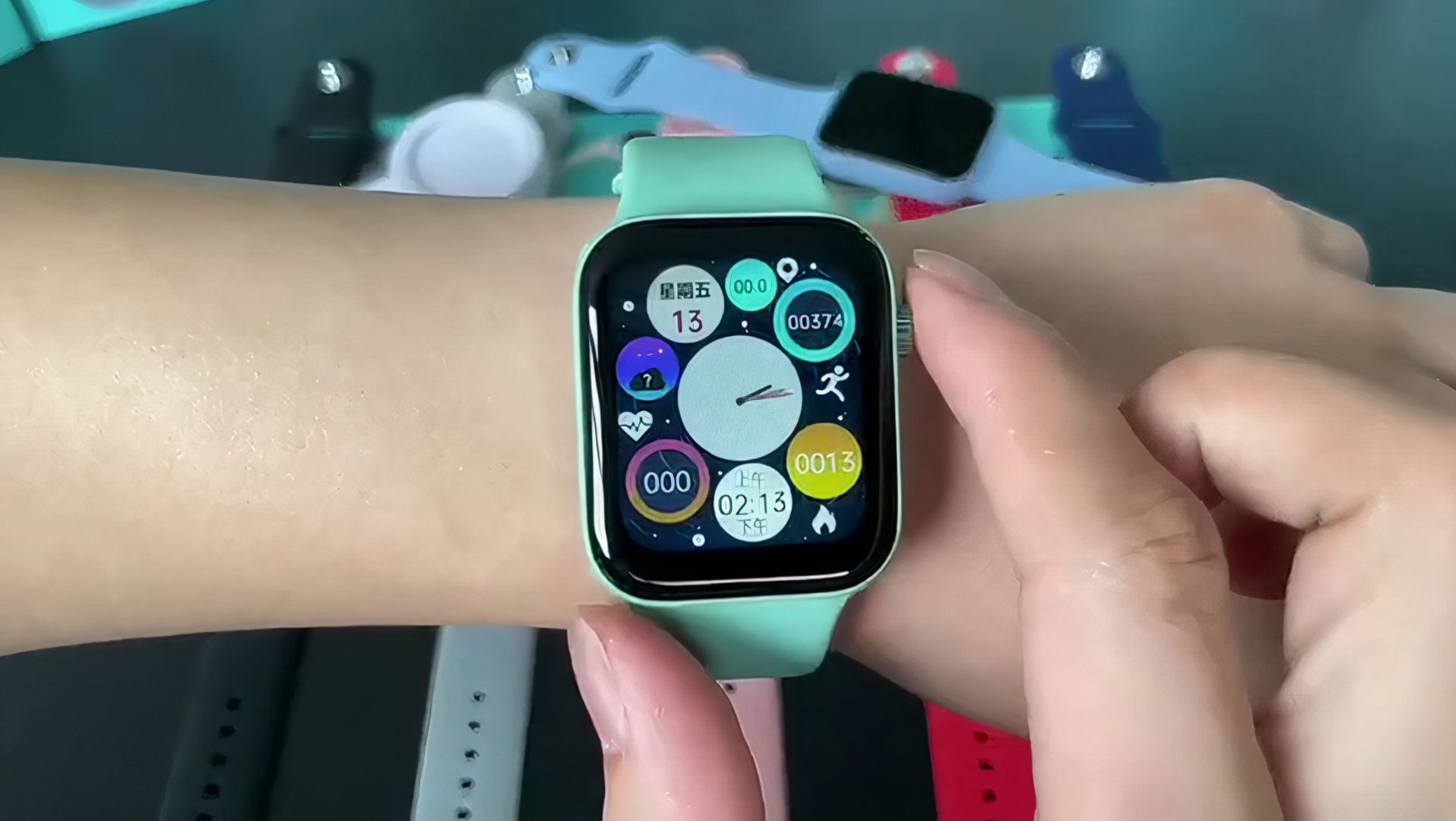Benefits of Drone Technology in Agriculture:

drone technology in agriculture are becoming indispensable instruments in contemporary agriculture, bringing in a new era of precision are becoming indispensable instruments in contemporary agriculture, bringing in a new era of precision farming. They are no longer merely hobbyist devices for the air.
Crop monitoring and analysis:
Drones with sophisticated cameras and sensors are able to take precise pictures of crops. Early detection reduces crop losses by enabling farmers to implement timely remedial measures.
Cost-effective and Time-saving
Monitoring vast agricultural areas with traditional approaches can be labor- and time-intensive. The amount of time and labor needed for tasks like mapping and crop scouting is greatly reduced by drones.
Precision Spraying: drone technology in agriculture
Drones with precision spraying equipment may apply insecticides, fertilizers, or herbicides to certain fields. By reducing the need for excessive chemical use, this focused strategy makes farming more economical and ecologically beneficial.
Improving Watering Techniques
Drones are essential for enhancing irrigation techniques in agriculture, as water management is a fundamental component of farming. Drones enable farmers to use precision irrigation, which applies the appropriate quantity of water to the appropriate parts of the field, by giving them access to real-time data on crop water requirements and soil moisture levels.
technological advancements:
technological advancements have significantly impacted various industries, and agriculture is no exception. One of the most transformative innovations in farming practices is the integration of drone technology. Drones, also known as Unmanned Aerial Vehicles (UAVs), have revolutionized the way farmers manage their crops, monitor fields, and make informed decisions. This article explores the role of drone technology in agriculture and its potential to enhance productivity, sustainability, and overall efficiency in farming practices.
Precision Agriculture:
One of the primary applications of drone technology in agriculture is precision farming. Drones equipped with advanced sensors, cameras, and other monitoring devices provide farmers with real-time data and high-resolution imagery of their fields. This data helps farmers identify areas of concern, such as pest infestations, nutrient deficiencies, or water stress, allowing for targeted interventions. By precisely managing resources, farmers can optimize yields while minimizing environmental impact.
Crop Monitoring and Management:
Drones play a crucial role in crop monitoring throughout the growing season. They can cover large areas quickly and efficiently, capturing detailed images that highlight variations in crop health. By analyzing this data, farmers can detect early signs of diseases, assess the effectiveness of irrigation systems, and monitor overall crop development. Timely identification of issues enables farmers to take corrective measures, leading to improved crop yields and reduced losses.
Irrigation Management:
Efficient water management is essential for sustainable agriculture. Drones equipped with thermal imaging cameras can detect variations in soil moisture levels. This information allows farmers to optimize irrigation schedules, ensuring that crops receive the right amount of water at the right time. By avoiding over-irrigation, farmers can conserve water resources, reduce energy consumption, and minimize environmental impact.
Pest and Disease Control:
Early detection of pests and diseases is crucial for preventing widespread crop damage. Drones equipped with specialized sensors and cameras can quickly identify signs of infestations or infections. This enables farmers to target specific areas with precision treatments, reducing the need for widespread pesticide use. By minimizing chemical inputs, farmers can enhance environmental sustainability and produce healthier crops.
Crop Scouting and Mapping:
Drones offer a bird’s-eye view of the entire farm, allowing for efficient crop scouting and mapping. Farmers can create detailed maps of their fields, identifying different zones with varying characteristics. This information is valuable for creating customized farming plans, implementing variable rate applications, and optimizing the use of inputs such as fertilizers and pesticides. The result is improved resource efficiency and cost savings for farmers.
Conclusion:
Drone technology is transforming the agricultural landscape, providing farmers with powerful tools to optimize their operations and enhance overall productivity. The integration of drones in precision agriculture, crop monitoring, irrigation management, pest control, and mapping has proven to be a game-changer. As technology continues to advance, the potential for drones to contribute to sustainable and efficient farming practices is only expected to grow. As farmers embrace these innovations, they are not only increasing their yields but also contributing to a more sustainable and environmentally friendly future for agriculture.







